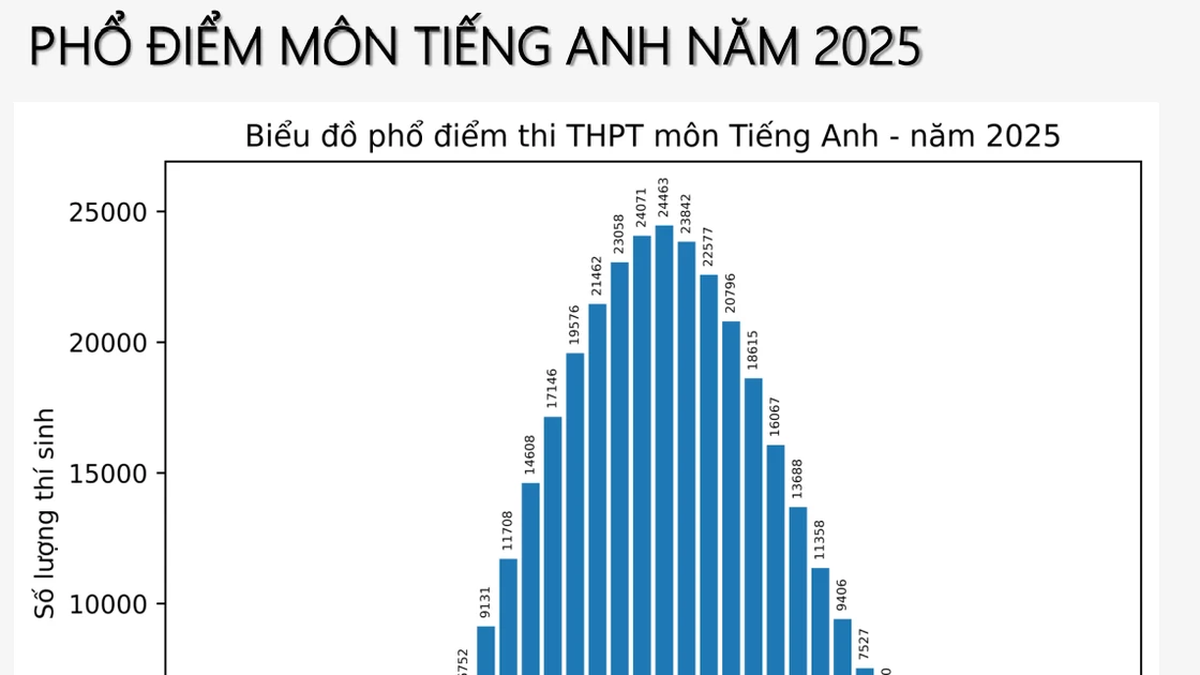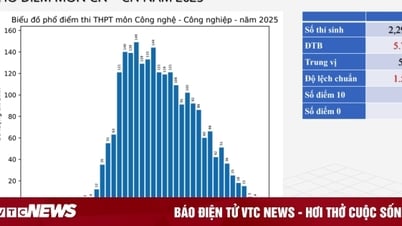The Swedish processed food distribution system is a large and diverse network, comprising a variety of distribution channels, from large retail chains and wholesalers to direct distribution channels and food services. These channels operate in a coordinated and flexible manner to ensure continuous supply and to meet the growing consumer demand of the Swedish population.
Main retail channels
The retail channel is one of the most important distribution channels for processed foods in Sweden. Swedish consumers are used to shopping for processed foods through large supermarkets, convenience stores and specialized food stores.
Supermarkets and large retail chains
Supermarkets and grocery stores in Sweden will be the second largest industry by 2022. According to IBISWorld, the Swedish food retail market will be worth around €28 billion in 2024, with 5,147 businesses and 91,967 employees. The Swedish food retail industry is highly structured and concentrated. Three retail groups account for around 90% of the market share.
Revenue growth trends of Swedish supermarkets and grocery stores
ICA Group is the largest retailer in Sweden, operating around 1,968 stores and pharmacies. In 2023, ICA reported revenue of SEK 147.65 billion (US$14.5 billion). The retail group employs around 23,763 people and is also involved in distribution, financial services, real estate and grocery.
Axfood has a market share of approximately 19% in the Swedish food retail market. It is the second largest food retailer in Sweden and is a group of diverse cooperatives. The group was formed by the merger of Hemköp, D&D Dagligvaror AB (D&D), Spar Sverige and Spar Inn Snabbgross in 2000. Axfood is owned by Axel Johnson AB with a 50.1% stake.
Every week, Axfood reaches around 5 million customers through more than 300 owned stores, e-commerce channels and around 700 merchant-owned stores. In total, Axfood has around 13,000 employees annually and a net turnover of around SEK 80 billion.
With 18%, Kooperativa Förbundet (KF) Group is the third largest retailer in Sweden. It operates around 800 stores. KF is also known as the Swedish Consumer Cooperatives Confederation. KF is a federation of 28 consumer associations with 3.7 million members. KF owns the Coop Group, which operates the Coop Forum, Coop Extra, Coop Konsum, Coop Nära and Coop Bygg stores.
Bergendahls is a family-owned retail group with a 5% market share. The group operates in the grocery, supermarket, home decor and fashion sectors. Bergendahls stores include City Gross, EKO Stormarknader, Glitter, GRANIT and e-commerce company KitchenTime. The group also invests in real estate.
Lidl Sweden – Discount store chain Lidl has about a 5% market share. It operates more than 205 stores and employs 5,600 people in Sweden. Lidl is owned by the Schwarz Group, which has revenues of about $140 billion.
Convenience stores and specialty food stores
In addition to large supermarket chains, convenience stores and specialty food stores also play a significant role in the distribution of processed foods in Sweden. Stores such as Pressbyrån offer a wide range of fast food products, from snacks and drinks to ready-to-eat meals.
Specialty food stores, such as those that specialize in imported or organic foods, cater to consumers with specific dietary or nutritional requirements. These stores often carry products from overseas markets or high-end product lines that are not easily found in large supermarkets.
Online Retail
Online grocery retail is growing in Sweden, especially in the wake of the COVID-19 pandemic. Platforms such as Mathem.se and ICA Online have become popular options for busy consumers who want to save time shopping. These platforms offer ready-to-eat food products, snacks, frozen foods and beverages.
Online shopping not only makes it easier for consumers to access food products, but also enables manufacturers to distribute products directly to consumers without going through traditional retailers.
Wholesale system and the role of supply chain
Wholesale is one of the important distribution channels that helps bring processed foods from manufacturers to retail chains, restaurants, hotels, and other food service establishments.
Major distributors
Wholesale companies such as Martin & Servera and Menigo play a major role in the distribution of processed foods in Sweden. They supply products to restaurants, hotels, and other food service businesses (HORECA), and manage the supply chain, transportation, and storage of these products.
Martin & Servera: As one of the largest distributors, Martin & Servera offers a wide range of processed foods from meat, dairy, to frozen products and ready meals.
Menigo: Another major distributor, Menigo, specializes in supplying food to restaurants and food service establishments, as well as providing imported processed food products.
Relationship with manufacturers and retailers
Wholesalers often act as intermediaries between manufacturers and retailers, helping to manage and optimize the supply chain. This ensures that processed food products are always available on supermarket shelves in a timely manner, while minimizing intermediary costs.
Food service channel (HORECA)
The food service industry (HORECA: Hotel, Restaurant, Catering) is an important distribution channel for processed food products in Sweden. Restaurants, hotels and catering companies use large quantities of processed food to serve their customers.
Restaurants and hotels
Many restaurants and hotels in Sweden choose to buy processed foods directly from wholesalers or manufacturers to serve them quickly and reduce processing costs. Products such as processed meats, canned breakfast foods, and frozen foods are commonly used in restaurants and hotels.
Catering company
Catering companies are an integral part of the food service industry. They purchase processed foods in bulk to serve events, conferences, schools, and othereducational institutions. Popular products in this channel include frozen foods, canned soups, and convenience foods.
Direct distribution from manufacturer
Some large manufacturers in Sweden, such as Arla Foods and Fazer, choose a direct distribution model to retailers or end customers. Direct distribution gives manufacturers greater control over the supply chain and reduces intermediary costs.
Direct supply contract
Many large manufacturers enter into direct supply contracts with major supermarket chains such as ICA, Axfood, and Coop. This not only reduces costs but also ensures that their products are always available at key retail outlets, enhancing consistency and brand recognition.
Online sales
In addition to supplying products through retailers, many manufacturers in Sweden also take advantage of e-commerce platforms to distribute directly to consumers. This helps them expand their distribution channels, reaching consumers who want to buy products at home without having to go to the supermarket.
Small shops and traditional markets
In addition to large retail chains and specialized distributors, Sweden also has small food stores and food markets that offer processed products, especially imported foods and specialty products.
Imported food stores
Import food stores, which specialise in products from Asia, the Middle East or Latin America, often distribute specialty prepared food products from these regions. They cater not only to the expat community in Sweden but also to Swedish consumers who love international cuisine.
Food market
Food markets in Sweden, although not as widespread or large-scale as in some other countries, are an important distribution channel, especially for local and imported specialty processed food products. These markets are usually held on weekends or in densely populated areas in large cities such as Stockholm, Gothenburg, and Malmö. Here, consumers can find unique processed foods, from traditional sausages and processed fish to pastries, fast food, and imported foods from other countries.
Food markets are not just places to shop, they are also places where Swedish consumers can experience traditional cuisine , international dishes and connect with small producers. They are an important additional distribution channel for processed food products that are not available in large supermarkets or are difficult to find in regular stores.
Independent grocery stores and small convenience stores
In addition to food markets and large supermarkets, independent food stores and small convenience stores also play an important role in the prepared food distribution system in Sweden. These stores often serve convenience products, frozen foods, and prepared foods, especially for consumers who are busy or live in areas not close to large supermarkets.
These stores not only supply food to end consumers, but also support small restaurants, eateries and catering businesses that purchase food in smaller quantities than large wholesalers. Thanks to their convenience and variety of product offerings, independent food stores remain an integral part of the processed food distribution system.
Other special forms of distribution
In addition to the main distribution channels such as retail, wholesale, and food service, Sweden also has a number of specialized forms of distribution that serve the specific needs of consumers and businesses.
Distribution through non-profit organizations
A small part of the processed food distribution system in Sweden is carried out through non-profit organizations, especially those involved in providing food to low-income people or vulnerable groups in society. These organizations receive processed food from wholesalers or manufacturers and redistribute it through social assistance programs.
Distribution through Vending Services
Food vending machines are also an important distribution channel in workplaces, schools and public facilities in Sweden. Convenience food products such as bottled drinks, snacks and frozen foods are often distributed through vending machines in high-traffic locations, satisfying consumers' need for quick and convenient meals.
Source: https://moit.gov.vn/tin-tuc/thi-truong-nuoc-ngoai/tong-hop-he-thong-phan-phoi-thuc-pham-che-bien-cua-thuy-dien.html





































































































Comment (0)